Syllabus
PRIMARY TEXTS
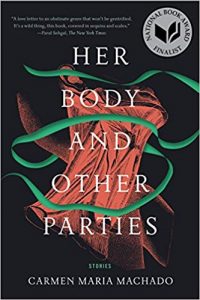
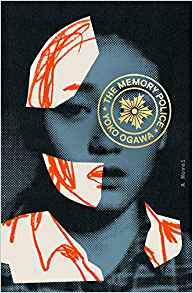
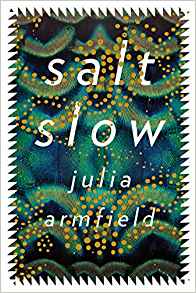
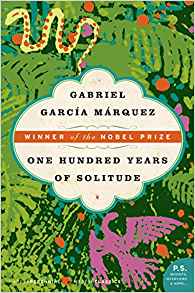
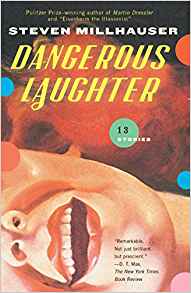
OTHER MATERIALS
Selected stories (shared via Google Drive)
COURSE REQUIREMENTS:
Attend class. Two unexcused absences will lead to a significant reduction in your final grade. If you know that you’ll have to miss a class, let me know ahead of time and make arrangements for a classmate to pick up any material distributed in class and to inform you about any assignments.
Turn in assignments on time. Late work will be penalized one letter grade for every day (not every class) that it is late. All work will be submitted via Google Drive or on the class blog. If you do not know how to use Google Drive, you should consult with the academic computing office. Documents should be named in this manner: YourName.Title.docx.
Complete required blog posts prior to class discussions of the assigned reading. In order to most effectively discuss your own observations and ideas on the assigned reading, you should plan to complete your reading in time to compose, revise, and proofread your blog posts prior to class discussions of these works. You are welcome — even encouraged — to go back and revise or expand your posts after our class discussions.
Be prepared for class. You are expected to participate in the discussions in class in a thoughtful, responsible, and energetic manner. It is imperative that you come to class prepared. Read all assignments prior to class discussions. Our schedule will no doubt require adjustments as the semester moves forward, but assume we’ll get to whatever’s on the schedule unless I explicitly push back (or forward) an assignment.
Proofread your work. I expect all work to be free of mechanical errors. Assignments with persistent and egregious errors will be returned ungraded. If you are unsure about mechanics – when to properly use a semicolon, for example, or how to correctly punctuate dialogue – please consult one of the many guides or make an appointment at the Academic Resource Center.
ASSIGNMENTS & GRADES:
Weekly Blog posts 25%
Exercises 25%
Stories 25%
Class participation and preparation 25%
BLOG POSTS:
You are required to compose at least one blog post each week. These posts should offer an analysis of thematic concerns, a discussion of elements of craft, or observations about the use of the fantastic in the works we’ve read. These posts should be made before we discuss the works in class — in fact, we’ll use these posts as the springboard for many of our conversations. Your blog posts should not be commentaries on the quality of the works we’ve read, nor should they be reminiscences of personal experiences. They should be well-written, well-developed, clear, and engaging. These are not formal academic papers, but they are also not impromptu casual musings.
You should also plan to comment — in a meaningful way — on at least two of your classmates’ blog posts each week. Here, the goal is not to praise (or, much worse, criticize) your classmates for the quality of their posts. Your goal is to respond in a thoughtful manner to the ideas and observations you encounter.
COURSE OBJECTIVES:
A writing workshop has a number of purposes. It offers a critical but supportive environment for the apprentice writer, providing an audience that is willing to read, with a careful eye, works that stand to be improved through sustained and repeated revision. It offers an opportunity for discussion of the formal and thematic elements of particular genres through the use of both professional and apprentice models. Finally, since the writing workshop addresses how a work is made as well as what that work becomes, it offers an opportunity to explore how experience and imagination are used in creating a work of art.
An appreciation for literature begins with enthusiasm. By learning to identify what makes a particular text interesting, entertaining, informative, or compelling, you will begin to understand the relation between literary texts and life itself — i.e., how the formal qualities of a particular literary genre may be used by the writer to explore the various subtleties, difficulties, moral dilemmas, and triumphs that are a part of being human.
By organizing your ideas and presenting them to your classmates in our discussions and in your blog posts, you should come to see that literature is comprised of many components, each of which is part of a complex, integrated whole, each of which is available for discussion, analysis, and debate.